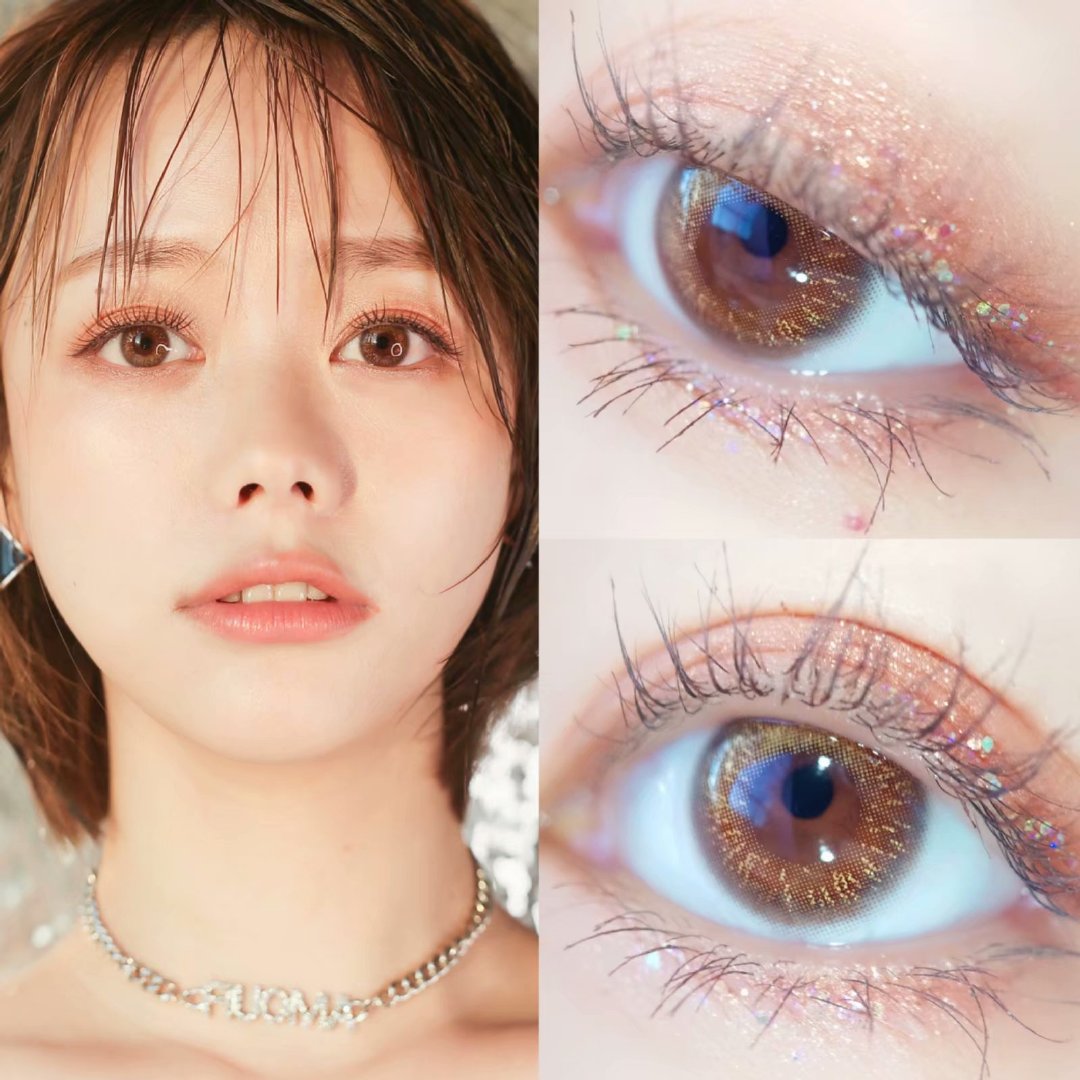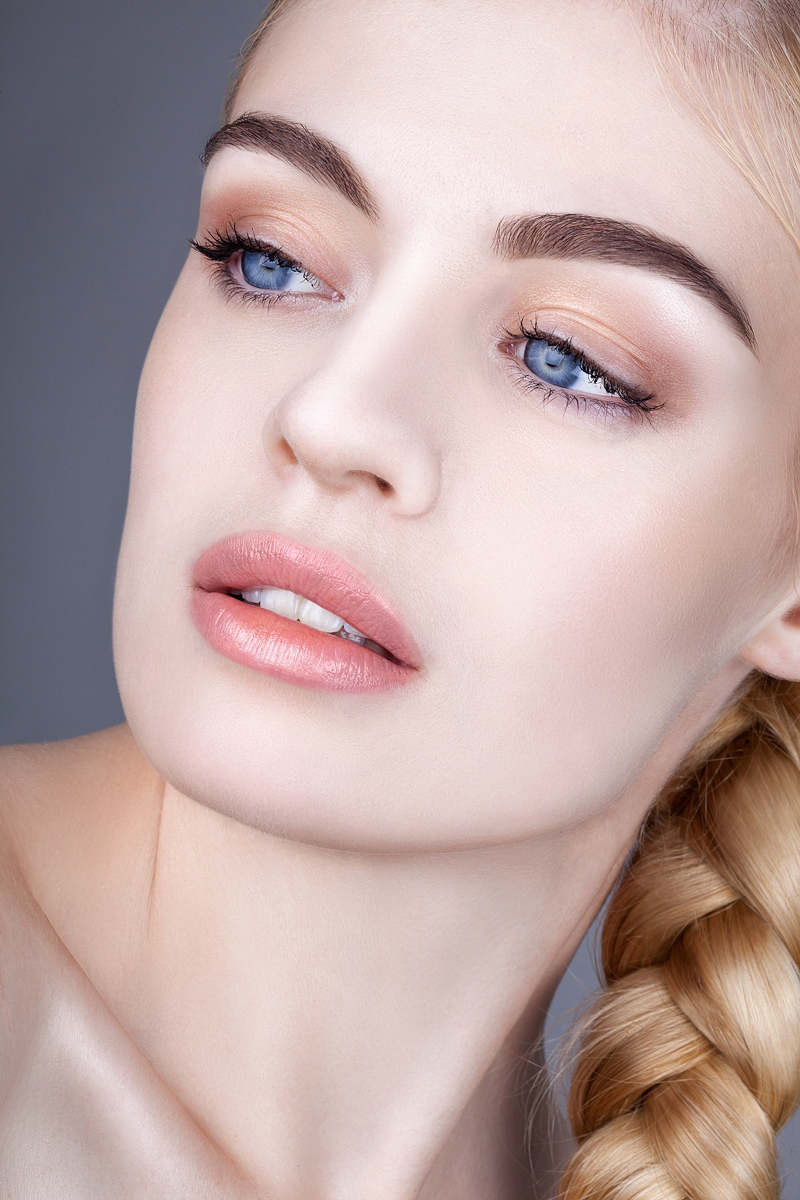Changing fashion means changing choices at the optical store.Design has evolved: today’s glasses are lighter and available in more styles than ever before.New contact lenses are more comfortable and disposables require no maintenance.
Despite these innovations, buying specs and contacts can be a hassle.A survey of thousands of local consumers by the nonprofit Delaware Valley Consumers’ Checkbook found that many vision centers scored poorly on staff-provided advice, timeliness and other issues.Our Secret Shopping research shows that prices are too high in many stores.
Dozens of stores received at least 80% of surveyed customers a “premium” rating for overall service quality, while other stores scored less than 50% positive.In general, chains and franchises are rated lower than independent companies, but there are differences between each outlet type.Until February 5, Inquirer readers can access Checkbook’s free local optical store quality and price ratings at Checkbook.org/Inquirer/Eyewear.
When shopping for new glasses, it’s easy to be overwhelmed by the sheer number of styles and brands on the shelf.But this diversity is mostly an illusion: Most of the glasses on the market — including those sold under popular designer brands — come from Italian companies you might not know: Luxottica, Marcolin, Safilo.
Luxottica not only produces millions of pairs of eyewear each year; it also markets and sells it in the more than 7,000 retail stores it operates.While the name “Luxottica” doesn’t appear on their sign, when you walk into the stores of LensCrafters, Pearle Vision, Target’s optics department, Sunglass Hut and more, you’ll be in a space owned or controlled by this behemoth company or store shopping.
Luxottica directly owns several brands, including Ray-Ban and Persol.Other name-brand sizes are created by eyewear giants through licensing agreements, which means those Coach, DKNY or Michael Kors frames may all be made in the same factory.With only a handful of companies controlling both the manufacture and distribution of the majority of frames sold, it can be hard to tell if you’re getting a good deal.
The way to assess value is to buy from a store that offers good advice – where you’ll be told if a more expensive frame requires a higher price, or if you’re going to buy from a lesser-known brand.Many independent retailers stock a wide variety of frames.Some companies do not sell any Luxottica products.Warby Parker, for example, offers sleek, stylish frame single-lens glasses for $95.It started out as an internet-only business, sending out frames for customers to try on before ordering.
It still offers a try-on option for online orders, but the company has opened more than 130 brick-and-mortar stores in the U.S. and Canada, including several in the Philadelphia area.
Checkbook’s secret shoppers collected prices on 18 eyeglasses (with single corrective lenses) and found that some stores in the Delaware Valley were charging twice as much as others.For example, for a pair of Ray-Ban RB5228 frames, prices at the surveyed stores ranged from $198 to $508.Best news: You don’t have to pay more to get great advice and service: Checkbook shoppers often find low prices at the top-rated stores.
Checkbook researchers also collected prices for six brands and models of contact lenses and found that prices and fees varied more between stores.For example, prices for a one-year supply of Biotrue ONEday daily disposable contact lenses (plus examination and fitting) range from $564 to $962.In the Vision Center, Checkbook found that Costco, as well as some independent agencies, offered the lowest prices on contact lenses.
queen contact lenses
You can save a lot by buying from some, but not all, online-only retailers.Checkbook purchased glasses and contacts in a sample online store.For glasses, almost all online retailers offered significantly lower prices than the stores surveyed—some sites offered prices for less than half the prices at local stores.Not only do online sellers tend to offer very low prices, but they also offer a wider selection of frames.
One obvious downside to buying glasses online is that you often can’t try on various frames to see how they look on your face unless you swap out your favorite frames for the same model.Some sites allow you to upload a photo of yourself so you can virtually try on a frame, or send a frame for you to try on, but most shoppers will find it much easier to compare options in person.Luckily, lenient return policies are the norm for online sellers of eyewear, so if you’re not entirely satisfied, it’s easy to return them.
As with eyeglasses, Checkbook found that online contact lens retailers charge less than local stores—about 30 percent less than what local brick-and-mortar retailers charge.But you can’t expect low prices from all online suppliers: some well-known online sellers offer prices that are higher than the average prices for regional outlets with the lowest prices.
Checkbook Magazine and Checkbook.org of Delaware Valley Consumers is a non-profit organization whose mission is to help consumers get the best service and lowest prices.It’s backed by consumers and doesn’t charge any fees from the service providers it evaluates.
Post time: Mar-13-2022





